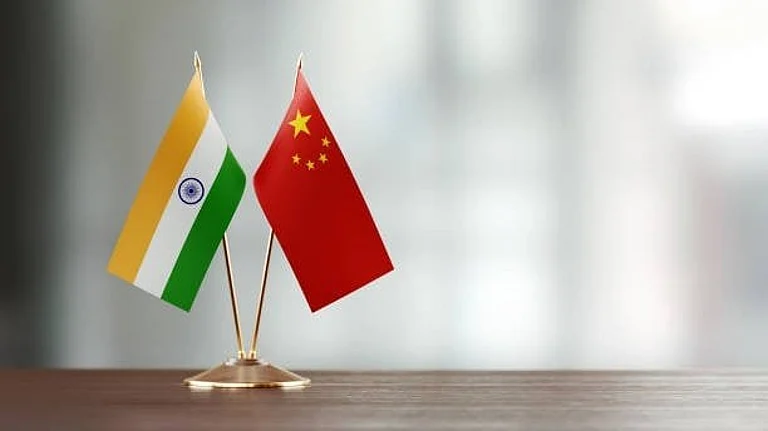What does the term ‘financial independence’ mean?
It is often defined as having enough money to not have to work for money. Another definition is also that financial independence is an individual’s ability to generate income.
When we look at financial independence as an ability to generate income, an investment in oneself to be able to create wealth, we see a significant shift in the way women approach their finances.
Today, women are progressively pursuing financial independence, and breaking free from conventional gender roles, and societal expectations. This shift is empowering women to achieve financial security and stability.
Let’s look at some aspects of how women are achieving financial independence, and what they can do to ensure long-term financial independence and success.
Education: Women are increasingly pursuing higher education and advanced degrees. According to the National Centre for Education Statistics, women now earn more bachelor, master, and doctoral degrees than men. This augmented educational attainment not only helps women earn more money, but also gives them the confidence and skills to effectively manage their finances.
Financial Literacy: An important factor that is helping women achieve financial independence is financial literacy. Financial literacy means understanding basic financial concepts, such as budgeting, saving, and investing. It also means understanding more complex financial concepts, such as taxes, credit, and retirement planning. While we do have a long way to go, improved financial literacy is enabling women to make better monetary decisions and achieve greater financial independence.
Managing Finances: Today, women are proactively managing their finances and planning for the future. Be it creating a budget, investing in insurance, mutual funds, stocks, bonds, and other assets, saving for retirement, or investing in their future, today, the ratio of women in charge of their own finances is on an upswing.
Bridging The Gender Wealth Gap: One of the most significant hurdles to financial independence for women is the gender pay gap. This gap not only affects women’s current earnings, but also significantly impacts their future earning potential. Women earn less over their lifetimes, which means they have less money to save and invest for retirement. Investing wisely will help women bridge the gender wealth gap and inch closer toward gaining financial independence.
Entrepreneurial Mindset: According to a report by the American Express, women-owned businesses are growing five times faster than the national average. By starting their own businesses, women are taking control of their financial futures and creating opportunities for themselves and their communities. This entrepreneurial mindset is a crucial cog driving women to have and own their financial independence.
Advocating Financial Rights And Inclusion: Today, women are demanding equal access to financial services, inclusions, and protection. This includes advocating for equal pay, better financial education, and greater access to financial products and services. This sense of ownership to create an equitable and just financial system is fuelling the financial independency among women.
We must contextualise our beliefs to the evolving and changing times. Achieving financial independence is crucial for women’s long-term financial stability and security. Women are taking important steps towards financial independence by starting their own businesses, pursuing higher education, and investing in their future. However, there are still significant barriers to financial independence, including the gender pay gap, lack of financial literacy, and inadequate access to financial services and protections. By addressing these barriers and advocating for their financial rights, women can create a more equitable and just financial system that benefits everyone.
The author is managing director and CEO at IndiaFirst Life Insurance
(Disclaimer: Views expressed are the author’s own, and Outlook Money does not necessarily subscribe to them. Outlook Money shall not be responsible for any damage caused to any person/organisation directly or indirectly.)


























